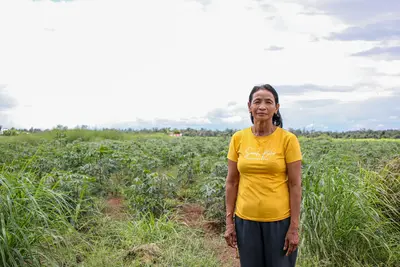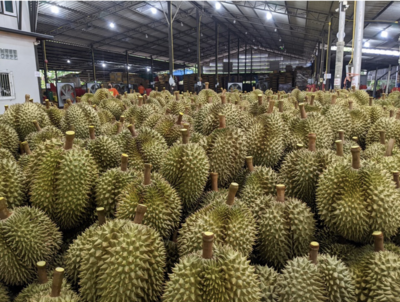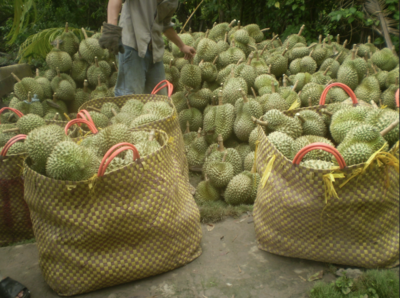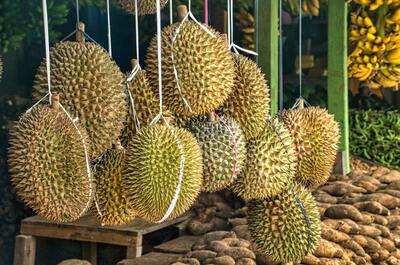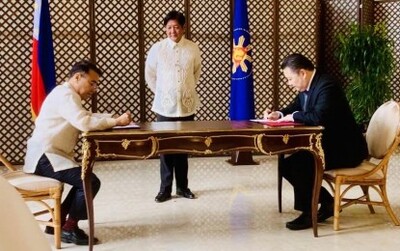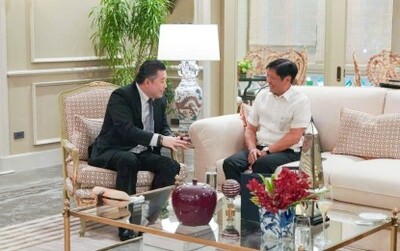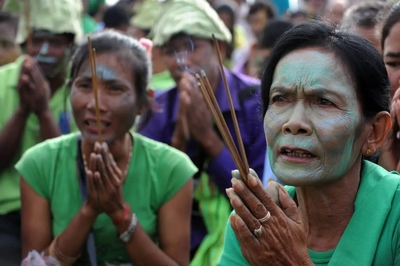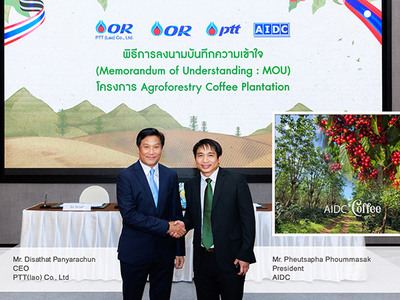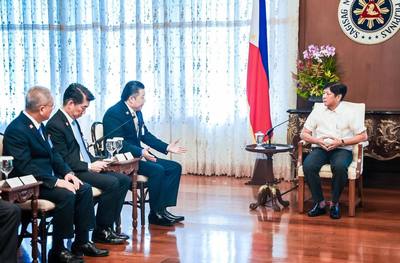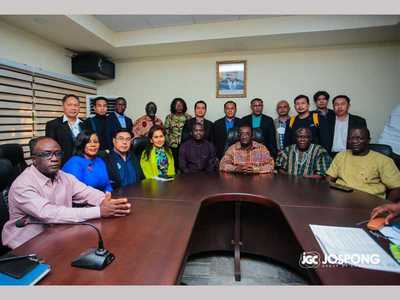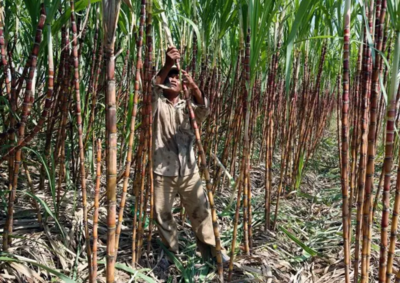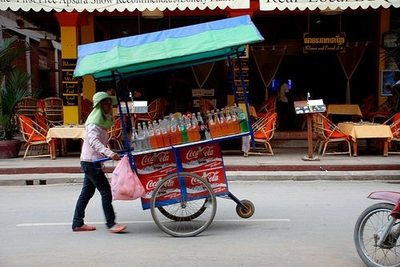Displaced Cambodian families reach long-awaited settlement with Thai sugar giant
- IDI
- 25 June 2025
Hundreds of Cambodian families took on Asia’s largest sugar producer, Mitr Phol—supplier to global brands such as Nestlé, Mars and Coca-Cola—and reached a financial settlement after seventeen years of sustained advocacy and, ultimately, bringing a class action against the company in Southeast Asia’s first-ever transboundary human rights litigation.




